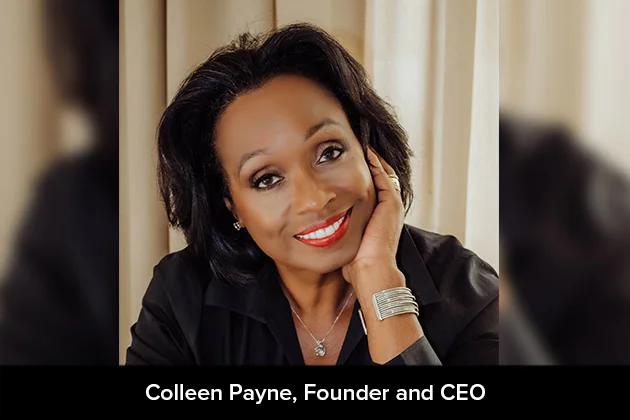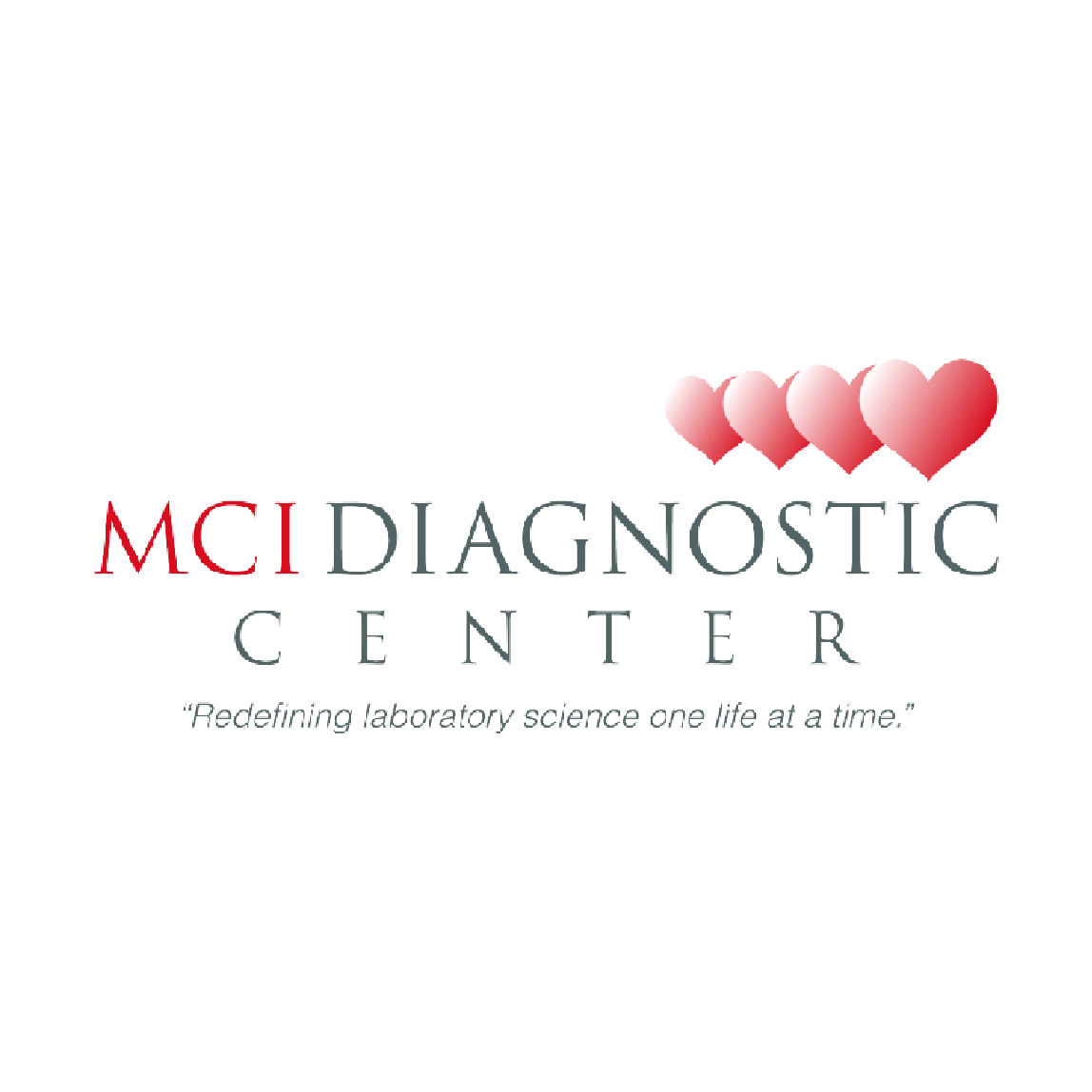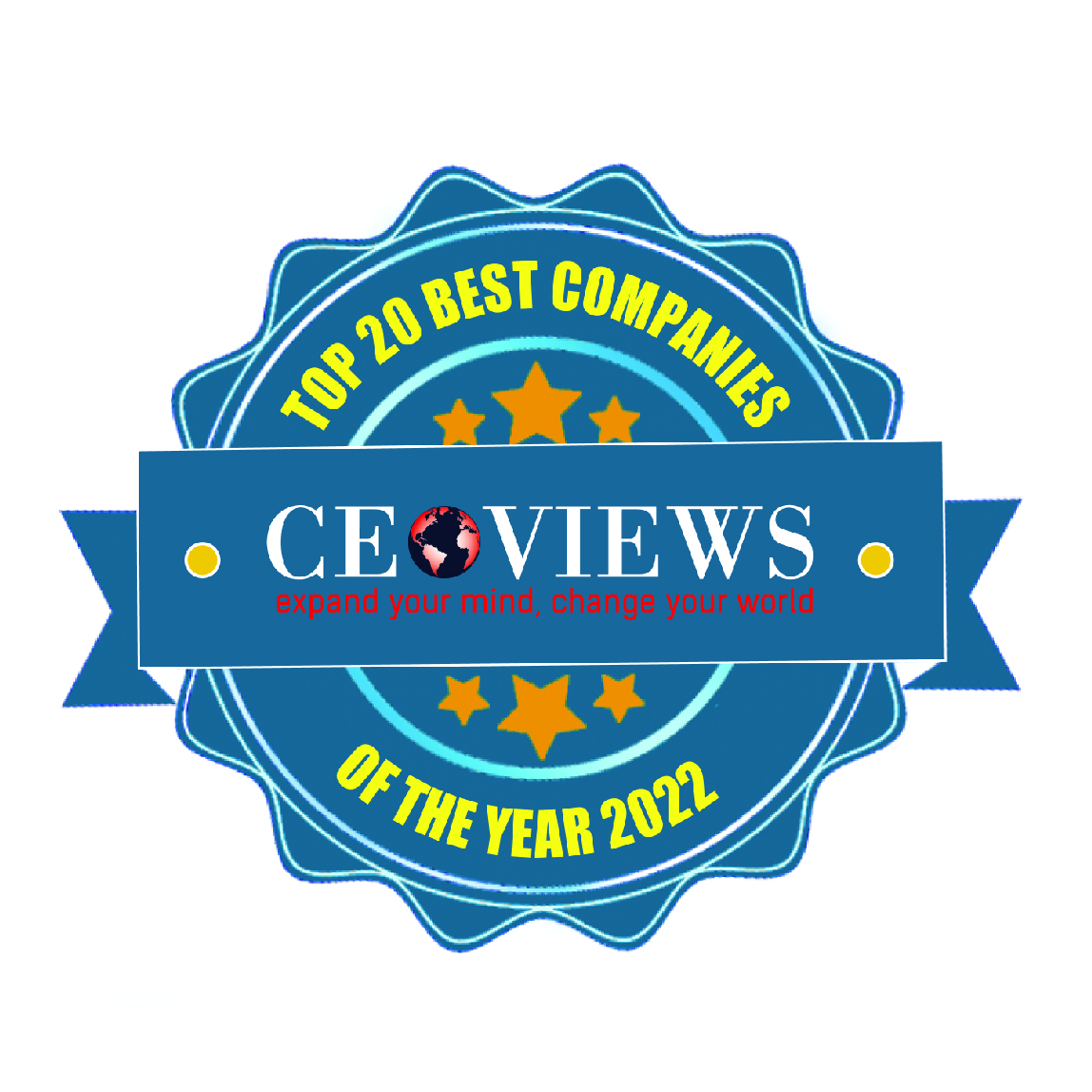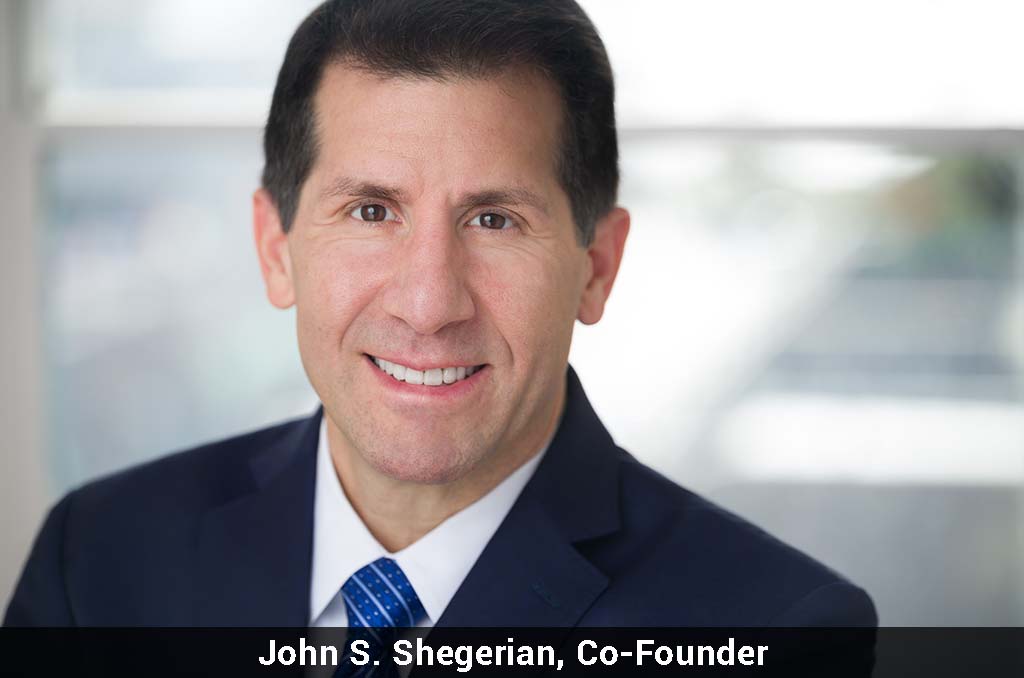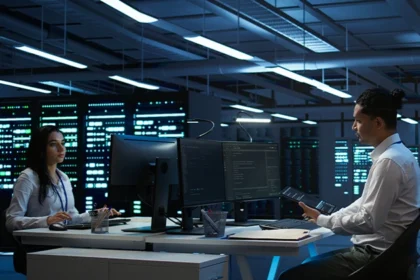Diagnostic centers have been around for a long time. But how has the role of diagnostic centers changed within the last decade? Today’s diagnostic centers are more capable than ever before. Technology is powering them, and they’re becoming more powerful at providing better services to society. With this change in terms of technology and growth in population, diagnostic centers are changing the way they operated many years ago.
‘‘MCI Diagnostic Center has been a pioneer in this domain and has been helping patients in and around Tulsa, Oklahoma, since 1998. ’’
MCI Diagnostic Center has been a pioneer in this domain and has been helping patients in and around Tulsa, Oklahoma, since 1998. Colleen Payne, founder, and CEO of MCI Diagnostic Center, was with the CEOViews team to share their journey into improving patients’ lives.
How it All Started?
Colleen is a nuclear medicine technologist by profession. She has seen people travel from rural places to the city to undergo significant testing. Their problems made her think, “Wouldn’t it be amazing if somebody could develop something? We could take this technology to rural areas and determine how best to serve people.” This was when the concept of setting up a diagnostic center came into her mind. The idea took shape, and MCI Diagnostic Center was established in 1998 as a full-service center with major modalities like MRI, CT, nuclear medicine, Ultrasound, etc.
In 2015, they realized they could do more than just cover different radiology modalities. So they refocused on remote laboratory services, which meant that they could see people around the country without having to leave. They could process blood, urine, and plasma in multiples. Samples that were shipped to them got their results within a 24 hour window. So they just kind of did a changing of the guard, looking at how to stay abreast in the healthcare industry and how to do medicine at its best.
Challenges
Challenges in any kind of business are inevitable. As a minority-owned business, Colleen had to face several challenges in keeping her business afloat.
Colleen’s husband was a veteran, and in 2015, the ownership changed from a minority-owned to a Service-Disabled Veteran-Owned business (SDVOSB). This changed a lot of things, and they soon became one of the largest minority-owned service-disabled veteran-owned businesses in the country. At this time, the big laboratories fought them tooth and nail. What their competitors thought was a small laboratory was just getting bigger and bigger, and they were just getting their footing.
We always hear about big companies taking on smaller businesses, and in the case of MCI Diagnostic, they have witnessed it, fought it, and overcome it. Colleen felt MCI must stay the course and strive to become a really good provider of services to the people.
MCI Diagnostic Center provides laboratory services nationally with a test menu of over 2600 tests and test combinations.
“People see the value in who you are.”
The Prominence of Medical Testing
Colleen shared her thoughts on the importance of diagnostic labs for the public, saying, “People always thought hospitals were in charge of understanding diseases and their treatments. They never really understood the importance of diagnostic centers”. People had no idea what diagnostic labs were or what went on inside them. However, the recent pandemic has changed the scenario. People now understand the crucial role that diagnostic centers play in the healthcare industry. They have learned how important these labs are in ensuring better patient care.
Standing Out from the Competition.
When the pandemic started, MCI was the first laboratory owned by an entrepreneur who had the power to help the country. Speaking about this, Colleen said, “We were on the task force for Dr. Deborah Birx and were the only entrepreneurs on the force. Because we were the only ones in the nation with enough power to provide covid testing at that time, that just shows the strength, depth, and scalability of MCI in terms of having cutting-edge technology when no one else in the country had that. Having significant vendor relationships has been the backbone of our company as well. Abbott is a strategic partner with us, and at the end of the day, they believe they believed in us.”
Evolving with the World
Over the past decade, we have seen changing times and elevating the needs of people. So what MCI has done to remain relevant in the field and take good care of the patients is satisfying the needs and meeting the expectations of the customers, stakeholders, and the medical environment.
In addition, Colleen said, “one of the things that I can truly say about MCI is, looking back from when we started to where we are today, technology has been at the forefront in our businesses.” It might have been a smaller company, but they never underestimated the role technology would play. When they started, they had one of a state-of-the-art mobile unit that was worth a million dollars and a full-scale nuclear medicine department. And every other year, they continue to add different modalities and more complicated testing to their portfolio. When they completely merged into the laboratory space, they had people coming from all across the world to look at their labs. They always have been aggressive in this matter.
Very recently, MCI Diagnostic Center was named one of the Fast 50, fastest-growing minority companies nationally by National Minority Supplier and Development Council. This indeed has been a proud moment for everyone at MCI.
MCI Diagnostic Center was named one of the Fast 50, fastest-growing minority companies nationally by National Minority Supplier and Development Council.
Going forward, Colleen wants MCI to be the third largest laboratory, if not the largest laboratory in the country. Looking at the current state, this may seem like a big dream, but being a minority and service-disabled veteran-owned business, they see a lot of potential for growth. They are now competing with some of the biggest diagnostics service providers in the country and are very confident of reaching the pinnacle of the industry.



